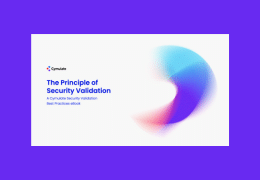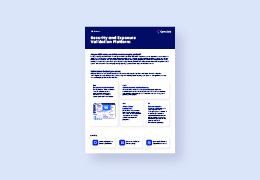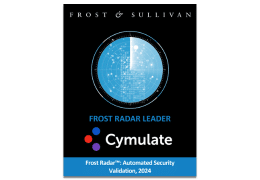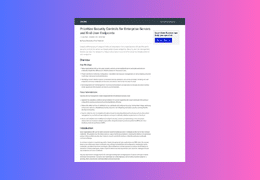On October 31, Major General Nadav Padan stated at the Reuters Cyber Security Summit that Iran has been launching an increasing number of attacks on Israel. Padan, who heads the IDF’s C4I and Cyber Defense Directorate, added: “Iran has been responsible for many of the thousands of daily cyberattacks on Israel.”
It’s no secret that Iran has been a major villain in our neighborhood for the last couple of decades. Since Iran has a weak conventional military, cyberattacks have become its favorite weapon. In the past few years, Iran has managed to become a major player in the cyber arena building its own cyber army and using various proxies (such as Hezbollah) around the world to execute its evil plans.
It’s not just Israel that is on Iran’s cyberattack radar, western targets and other Arab countries are also being attacked. To illustrate, on June 23 this year, Iran launched a cyberattack on the email accounts of dozens of British MPs. On March 21, Iran attacked U.S. infrastructure online by infiltrating the computerized controls of a small dam 25 miles north of New York City.
Regardless if you work in Israeli intelligence or in a critical infrastructure sector, you are either aware of Iranian involvement or have experienced it firsthand.
Why is Iran focusing on cyber warfare rather than its military capabilities, especially its obsolete air force?
- Cyberattacks are cheap, in contrast to purchasing a fighter jet or military equipment
- They are easy to carry out; a simple email can start a major offense against a target
- They are often difficult to detect; some of these attacks went on for months
- Once uncovered, they are hard to pin on a specific actor so the blame game starts
- Cyberattacks allow Iran to strike targets globally, instantaneously, and on a continuous basis
- The attacks have the potential to inflict huge damages and have strategic effects in ways that Iran could not achieve in other ways
- Iran would suffer greatly in an outright military confrontation with Israel or its allies
- Iran’s soldiers and terrorist allies are vulnerable and can be targeted
What we need to understand:
- First of all, we need to understand that this is an ongoing strategy of the Iranians, and it is not going to stop
- Cyberwarfare, together with building its nuclear weapon arsenal, is a top priority for Iran
- Besides attacking armed forces, all critical infrastructure (e.g., utilities, financial, healthcare) are the main targets and could be attacked at any moment
What we need to do:
- Vulnerable organizations need to build a robust and strong security framework comprised of security solutions, expert personnel, training, and awareness
- They must ensure that such a framework is tested continuously to check how the organization holds up against a cyber attack
Test the effectiveness of your security controls against possible cyber threats with a 14-day trial of the Cymulate Exposure Management and Security Validation platform.
Don’t speculate, Cymulate







